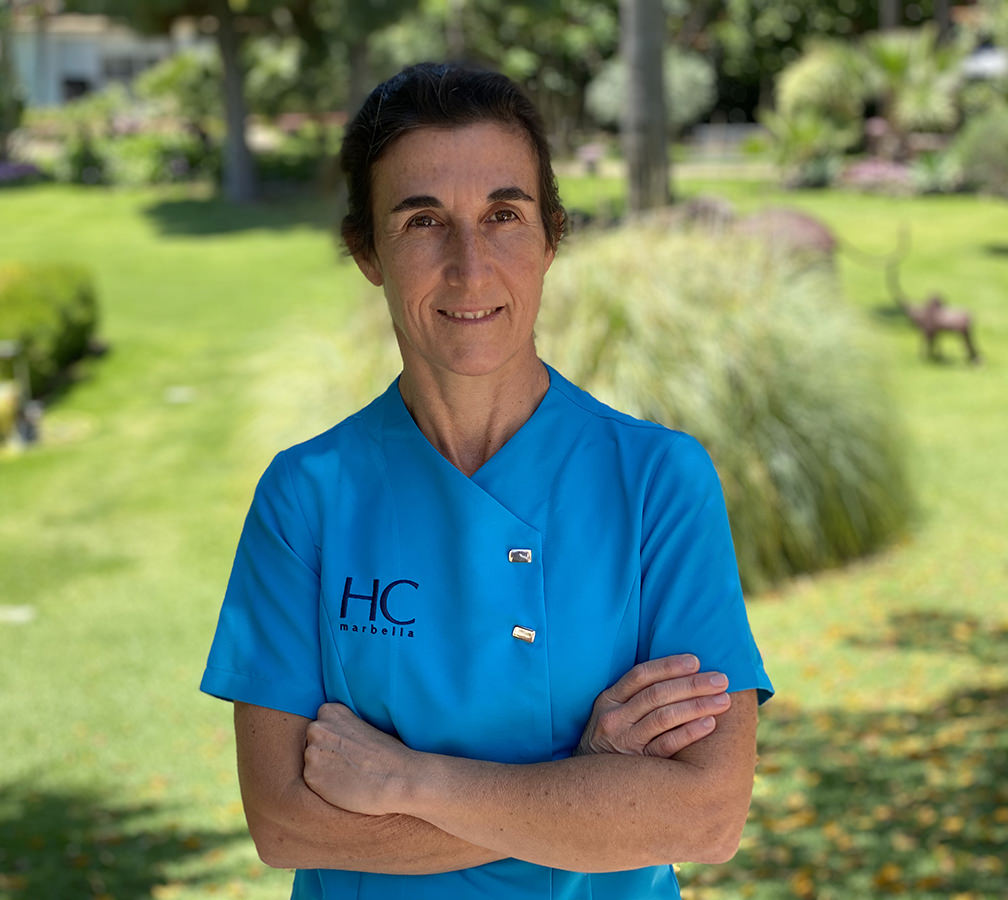19 May, 2020
The egg quality

The good quality of the eggs is essential to be able to have a baby, since, to transform into a healthy embryo; the egg needs to have the appropriate chromosomes and the ability to combine them with those of the sperm.
What is poor egg quality?

The egg quality indicates how prepared a woman’s eggs are to become healthy embryos, once fertilized.
The good quality of the eggs is essential to be able to have a baby, since, to transform into a healthy embryo; the egg needs to have the appropriate chromosomes and the ability to combine them with those of the sperm.
The egg must have enough energy to be able to grow and divide normally.
A poor quality egg can alter the reproductive process and make the difference between getting a pregnancy to term or not.
Poor-quality eggs can lead to chromosomally abnormal pregnancies, increasing the risk of the baby having genetic disorders.
What are the causes of poor egg quality?

Age is the factor with the greatest influence on the egg quality of women.
From the age of 35, a notable reduction in the number of eggs in the woman’s ovaries and, above all, in their quality, begins to appear.
When she reaches 40 years of age, poor-quality eggs often outnumber good-quality eggs, so her chances of getting pregnant decrease significantly.
Not only age is a risk factor for poor egg quality
Young women, under the age of 35, may also have poor egg quality as a result of:

- Genetic problems
- Immune problems
- Cancer treatments
- Smoking, alcoholism, drugs
- Endometriosis
- Obesity
- Polycystic ovarian syndrome
Can poor egg quality be diagnosed?

Each woman is born with a finite number of eggs. During her fertile stage, in each cycle a certain number of follicles are recruited and expel their eggs, for an normal ovarian function, and little by little, over the years, it is inevitable that they will become exhausted and reach menopause.
The number of follicles, with eggs, which you have at all times, is what we know as the ovarian reserve.
To know the ovarian reserve and be able to assess it and quantify it, it is done by:
- Analysis of the well-known antimüllerian hormone AMH, FSH, estradiol.
- Count of antral follicles, performed with ultrasound in the first days of the cycle.
It is not always parallel in a woman to have low quantity of eggs and poor quality of eggs.
It is necessary to differentiate patients with low ovarian reserve from patients of poor egg quality, although from the age of 35 they usually go together.
Currently, there is no analytical or other non-invasive technique that, a priori, can indicate that a woman’s eggs, even though they have a high number, are of good quality.
The best way to check if a woman's eggs have the capacity to grow and develop correctly is through an In Vitro Fertilization (IVF) cycle.
PGD allows only embryos free of genetic and chromosomal abnormalities to be transferred to the maternal uterus.

The well-known IVF allows us to observe the morphology of the ovules, for example, mutations in the genes that encode the proteins of the outer layer of the ovule, a zona pellucida, which becomes more rigid and difficult to fertilize. Intracytoplasmic sperm injection, ICSI, would be a solution to this alteration.
There are also a number of described mutations that make the egg unable to be fertilized or that once fertilized does not divide properly.
IVF accompanied by pre-implantation genetic diagnosis (PGD), helps detect chromosomal and genetic abnormalities in the embryo.
We cannot avoid chromosomal errors, but we can diagnose them.
PGD allows only embryos free of genetic and chromosomal abnormalities to be transferred to the maternal uterus.
A patient with poor egg quality can, with high probability, achieve a healthy take home baby.
Patients with poor egg quality have a higher rate of structural genetic abnormalities, so transferring only normal embryos maximizes the chances of implantation, pregnancy, and taking a baby home.
Is there a specific treatment to improve the quality of the eggs?

There is no treatment to improve egg quality, but some recommendations can be made in certain cases such as:
- Treatments with specific antioxidants with coenzymes
- Balanced diets, in some cases lose weight.
- Elimination of bad habits such as tobacco, alcohol and drugs
In HC Fertility each couple is recommended to improve life styles, according to their case and together with personalized stimulation, they can optimize the cycle and obtain the best results.
Mª Jose Figueroa Garcia
Laboratory Director. Embryologist.

WE MAKE IT POSSIBLE

At HC Fertility we have been verifying for many years that, for our patients, a complete diagnosis in time is undoubtedly the best option to be able to assess and find solutions according to each case.
In our center, in addition to our consultations, operating rooms, Andrology, Cryobiology and IVF laboratory, we have our own clinical analysis laboratory, so we can offer safety, comfort and speed to carry out this diagnosis and be able to assess your results with the gynecologist on the same day.

Back to blog
In other news

24 November, 2020
Dr. Arantxa Pérez Garrido joins HC Fertility
HC Fertility faces a new stage with the incorporation of Dr. Arantxa Pérez Garrido, a gynecologist ...
[Continue reading ]26 February, 2016
Eggs don’t fly
Accepting donated eggs to help you have a family is a difficult decision for some, but this gives ...
[Continue reading ]


